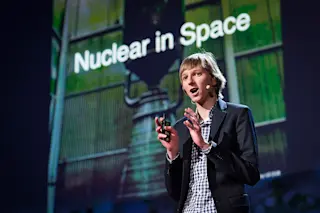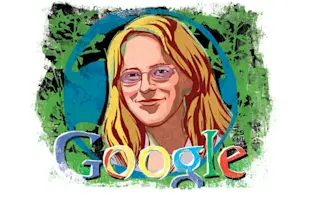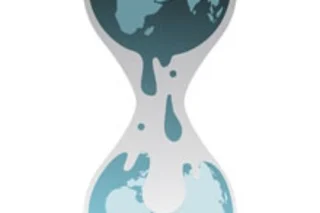It remains to be seen how the CRU hacker story will play out. If it's an inside job, or there's another data drop, then all bets are off. But in the meantime, I think it's a mistake for the aggrieved side to focus on tactics. I mean, why go there if the bigger picture remains intact? On that note, here's some interesting context from science historian Spencer Weart, via a recent interview he did with Andrew Freedman:
In blogs, talk radio and other new media, we are told that the warnings about future global warming issued by the national science academies, scientific societies, and governments of all the leading nations are not only mistaken, but based on a hoax, indeed a conspiracy that must involve thousands of respected researchers. Extraordinary and, frankly, weird. Climate scientists are naturally upset, exasperated, and sometimes goaded into intemperate responses... but that was already easy to see in their blogs and other writings.
There are plenty on the skeptic side who will claim (with justification) that the emails show more than just "intemperate responses." But are we seeing evidence that rises to the level of mass conspiracy or mass fraud? More importantly, has the scientific foundation upon which human caused climate change rests been shattered? UPDATE: This Monbiot column seems pitch perfect, right from the opening line:
It's no use pretending that this isn't a major blow.
He acknowledges the obvious:
There appears to be evidence here of attempts to prevent scientific data from being released, and even to destroy material that was subject to a freedom of information request.
He even goes so far as to suggest:
I believe that the head of the unit, Phil Jones, should now resign. Some of the data discussed in the emails should be re-analysed.
Then comes the bigger picture:
But do these revelations justify the sceptics' claims that this is "the final nail in the coffin" of global warming theory? Not at all. They damage the credibility of three or four scientists. They raise questions about the integrity of one or perhaps two out of several hundred lines of evidence.







